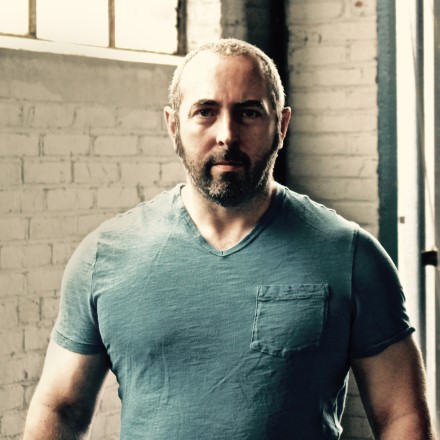I have always enjoyed lifting weights. One of the main reasons is because it’s honest. You can’t talk a bar up above your head, you have to lift it. Either you can or you can’t it’s as simple as that. Self Defense should be the same however all the abilities needed to be effective on the street can be difficult to test and prove. The UFC and MMA tried to get close but they were only able to replicate one dimension of a real-life conflict and had to take out some of the key elements that define reality, such as being surprised when attacked and recovering from a sucker punch etc. along with other more physical components such as multiple assailants and weapons. In some instances rather than reflect reality, instructors and schools have chosen to educate their students as to a reality that fits their techniques, skills and beliefs concerning what a real-life fight looks like e.g. two handed chokes from the front and back, pushing, pulling etc. – whilst such attacks do happen they are far less common than, pushes, grabs and large swinging punches, when surprised and still in denial of the reality of the situation. Whilst aself-defense school can't test reality as reality, it can take the many dimensions of a realconfrontation and test each component in a controlled manner. This is what is attempted in a grading.
In grading, students largely fall into three camps: those that think “knowing” the techniques is enough, those that think because they’ve been a member of a school for a length of time they are entitled to grade and be belted, regardless of the number of classes they’ve missed and their overall lack of training i.e. get to “Black Belt” without the effort (they often end up quitting a school, and doing a circuit of others in the hope that they’ll find an instructor who’ll hand them out belts regardless of their commitment etc.), and then there’s those that care about improving what skills they have and developing new ones, and working their way patiently through the system. These are the guys who don’t want to talk about lifting the bar over their head, rather these are the ones who want to be able to.
When you lift, you constantly have to add weight to the bar in order to improve. This means accepting failure, and having to start again. If you’re doing a big lift in a crowded gym, everybody sees this. Challenging yourself and accepting that you might not make the lift, and that’s okay because you can try again and again, is the same as improving your martial arts and self-defense skills. Some people who try to and want to lift heavy but find that it’s hard, it hurts and involves failure, may go back to lifting lighter weights for large numbers of repetitions because it doesn’t involve and real test of strength. Some martial artists will never try anything “new” in sparring because it may involve failure, others will not change the way they punch or kick, because it may mean they have to step back the power they were generating, in order to move forward (they must “fail” in a relative sense in order to get better).
A student in the UK, would never alter his Roundhouse Kick because as a tall person with a heavy leg he could generate a lot of power, through athleticism, not through technique. He never had the strongest kick he could have had because of this- all he saw was the power he was generating at the time, not what he could have generated. To get better you must come out of your comfort zone. Your belt is a marker of where you are now, don’t strive to be in the same place but with a different color belt round your waist in 6 month, work towards improving what you already know. Don’t look at other schools and see the belts they hand out there and judge yourself worthy of a higher belt than the one you have. Where you are is where you are.
I just spent the weekend being coached in Strongman Lifting by Svend Karlsen (World’s Strongest Man 2001). It was a humbling experience. On certain lifts, I need to drop my weight and improve my form; if I’m going to see the gains I want. I have a choice: I can continue what I’m doing or I can change in order to improve. Lifting is honest, you can do it or you can’t. Martial Arts training can be honest too; you can talk about how powerful your kick is or you can demonstrate how powerful your kick is. You can be satisfied by where you are now and in 6 months argue that the same kick is the one you’ve improved, or you can improve. The belt you will receive on Thursday is a line in the sand. Be honest about where you are and what you need to do to move on. Look on your belt as a 200 Lb lift, and aim to make a 240 Lb lift at the next grading.
Share:

Gershon Ben Keren
2.8K FollowersGershon Ben Keren, is a criminologist, security consultant and Krav Maga Instructor (5th Degree Black Belt) who completed his instructor training in Israel. He has written three books on Krav Maga and was a 2010 inductee into the Museum of Israeli Martial Arts.
Click here to learn more.
